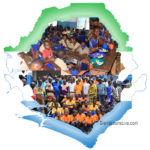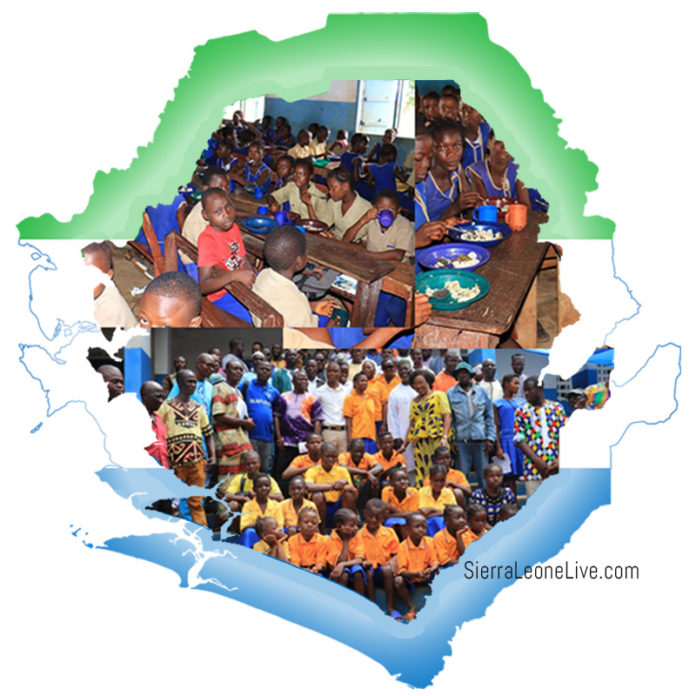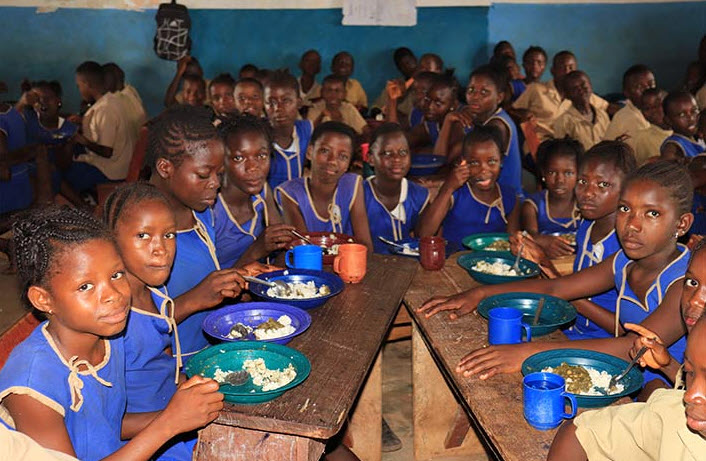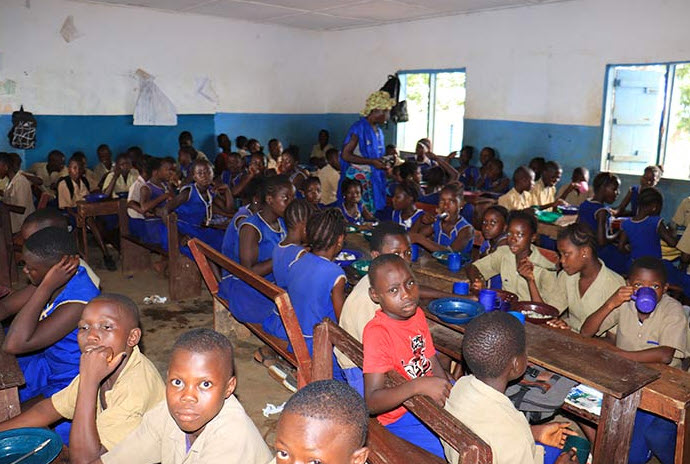
Thampèreh rushed its Free Quality Education program. Its immediate rollout and implementation caused a massive strain on the village’s economy. And despite the enormous funds generated from donors and education partner institutions to sustain it, the free education program is one of several factors pushing villagers into abject poverty.
Education isn’t free, and free education is expensive.
To implement a free education program such as that of Thampèreh means the village must have an economy strong enough to roll it out and sustain it.
Thampèreh’s possible Painters are good at writing some of the most attractive and promising manifestos. Even though these manifestos may look good, political parties draft them out of the need to appease voters and are not research-based to understand the implications of any proposed policies and programs.
For a village that depends mostly on donor funding, loans, and grants to carry out its major programs such as in health, education, energy, and other sectors, it is economic suicide to roll out a free program like this without any plan to generate domestic revenue and strengthen other sectors.
Education currently takes up the biggest space in the village’s budget. For a village that produces almost nothing and hardly ever exports commodities, this budget allocation caused a massive strain on other sectors. Funds that were meant to serve as a backup to provide subsidies in case of the rising prices of commodities have been pumped into education, thereby pushing citizens to extreme poverty.
Apart from taking up 22% of the village’s budget, the program continues to receive more funding from the Kingdom Group Bank and other partners. Instead of strengthening existing structures, officials heading the program increased their spending by creating more offices and secretariats that are headed by family members and friends.
And even when it is supposedly free, most parents say a chunk of their earnings still goes toward educating their children. The lack of proper preparation caused the system to either delay or insufficiently provided the support needed in most schools. Administrators had to devise other ways to generate funds from parents to run their schools. This is coupled with the massive corruption in schools due to the poor management of the village’s education system.
Then there is the use of data as the yardstick for the impact of the FQE program.
Like Tony Blair said, “when you make decisions for millions, you need to always think about those affected as individual people, not statistics.”
Dataman is currently piloting the free education program. His biggest obsession is data, and even when villagers point out some of the lapses that might cause the program to fail, his response has always been “… but this is what the data says.” This is problematic in so many ways. Data doesn’t speak for people; instead, it speaks for institutions. And because institutions often provide statistics that put them in a better spotlight, the measure of the FQE’s success should be its impact on the individual people it is meant to serve.
Dataman must have a keen and genuine interest in people, actual people, and not just data or numbers. He must begin to concern himself with the impact of the FQE on every citizen, the individual people, and not how it brings changes to the numbers or data he so badly craves for. Even when dehumanization isn’t deliberate, using mere numbers or data to represent the impact or progress made on people rather than focusing on their individual stories and how their lives have changed by the FQE, in many ways, is inhumane to the children who just want to go to school and have a better life. And to the teachers whose only dream is to transfer knowledge to children and breed the future leaders of this village.
It is better to have one child access quality education with a better future than to provide poor education to ten children and change numbers with almost no prospect of a better future. The village cannot run its education system like a polygamous home where most fathers would prefer to have as many children as possible because they are not sure which of the children would benefit them. Instead of having that type of gambling, the focus should be to have lesser children and progress from there.
Therefore, instead of flooding classrooms causing overcrowding, or building new structures without properly refurbishing existing ones, the program should have first strengthened existing systems and built on that success because data will only make education attractive to donors. The children of Thampèreh must see the program’s impact on other children around them before feeling attracted to it.
And villagers must begin to look at or ask where all the funding is going and whether it is funding the children and schools or funding corruption.








